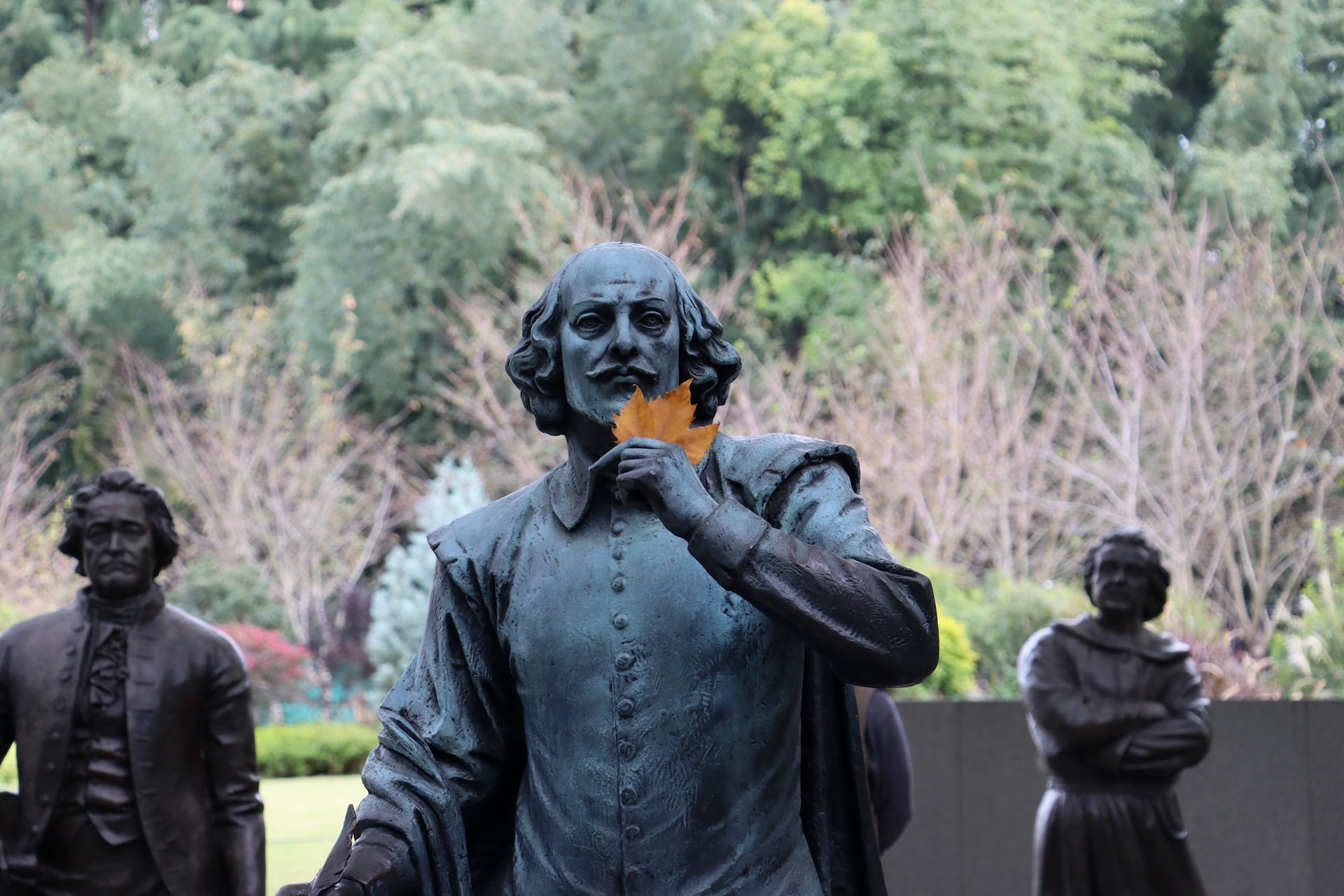
News Writer Zenna Hussain reports on a new initiative that has been introduced to make the works of Shakespeare accessible for deaf schoolchildren
In an effort to improve the educational experience of deaf students, academics from the University of Birmingham teamed up with the Royal Shakespeare Company (RSC) to launch a new initiative. ‘Signing Shakespeare’ aims to bridge the gap between the deaf population and the world of Shakespeare by making Shakespeare more accessible to deaf students in classrooms.
The project, which launched in 2016, attempts to address the issue of underperformance in schools among deaf students
The project, which launched in 2016, attempts to address the issue of underperformance in schools among deaf students. By offering sign language interpretation, the program assists in breaking down barriers and ensuring that deaf children have the same possibilities to experience the joys of Shakespeare.
The Royal Shakespeare Company and the University of Birmingham have collaborated for years to develop a project aimed at providing high-quality resources and training for both students and teachers. The project involves filming and recording scenes from Shakespeare’s plays using British Sign Language, as well as creating new signs for Shakespearean names. Additionally, the project involves working with deaf actors, directors, students, practitioners, and teachers of the deaf. Signing Shakespeare hopes to provide a way for deaf children to experience the plays in a way that is accessible to them.
The Royal Shakespeare Company and the University of Birmingham have collaborated for years to develop a project aimed at providing high-quality resources and training
There are a range of resources, including group projects and writing assignments that allow students to delve into the plot, characters, themes, visuals, and literary techniques used by Shakespeare. The ‘Signing Shakespeare’ project is an educational resource program that focuses on collecting films featuring deaf performers who use British Sign Language (BSL) to perform. The project is spearheaded by Dr. Abigail Rokison-Woodall, who is the Deputy Director (Education) and Associate Professor in Shakespeare and Theatre at the Shakespeare Institute. She stated that: ‘Signing Shakespeare is an educational resource programme which brings together visual and active learning for the study of Macbeth.’
The 2022 BSL act has emphasised the importance of making Shakespeare’s works accessible to all audiences. Despite common misconceptions, Shakespeare’s plays were not solely intended for the elite. They are, in fact, a fundamental part of British literature. Deaf actress, Sophie Stone, who plays Lady Macbeth, refers to Signing Shakespeare as ‘a passion project that has evolved into a vital and urgent resource for young people to access Shakespeare’s world and language. This isn’t just a project for Deaf people, but a project which bridges the Deaf community and the Hearing, the linguistics of written and visual languages and the steady growth of inclusion within education. Shakespeare’s works have long been considered for the elite, inaccessible for contemporary audiences and academically exclusive. But Shakespeare himself wrote about, and for, people of all backgrounds.’
Read more news here:
West Midlands Police Urged to Apologise Over Past Homophobia
University Challenge Accused of Bias Towards Oxbridge and Elite Universities
Comments